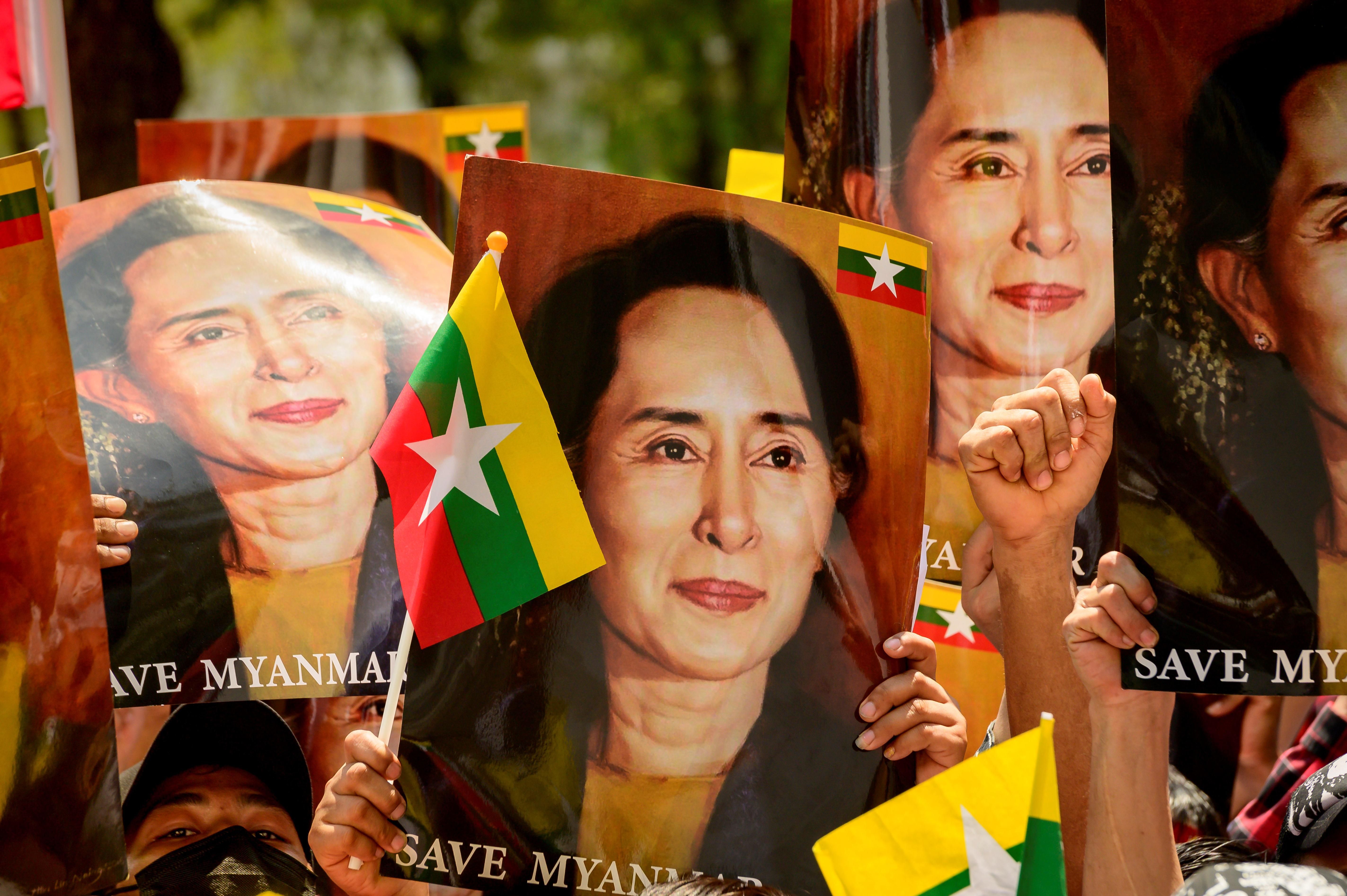How do we deal with Nobel Peace Prize winners and their legacies?
Humanity has always used symbols to represent things bigger than ourselves. We tend to use them to find cohesion elements between ourselves and let us work better as a society. One of the best ways to symbolize what values, principles, and actions we consider the most noble, helpful, and pure has been the Nobel Peace Prize.
This recognition holds its laureates to the highest standards of humanity, making them secular saints for the whole world, but we have forgotten some true and tragic aspects of our human condition. In the end, humans have flaws, and the Nobel Peace Prize is a way of acknowledging who has done the most for humanity in a specific year.
Unfortunately, being a champion for democracy, justice and freedom is not something that lasts forever, and the winners can become the nemesis of what they were recognized for.
Abiy Ahmed from Ethiopia, who received the Nobel Peace Prize in 2019, has lately been on the spotlight for the conflict he is waging in the Tigray region. He won the prize for his effort to end the territorial conflict between his country and its neighbors Eritrea.
The situation between the government and the authorities in Tigray is quite complex, and as days pass, more and more allegations of war crimes are rising. This raises the question: "Engaging in armed conflict is expected from a Nobel Peace Prize winner?"
Aung San Suu Kyi got the highest recognition from the Nobel Institute in 1991 for her battle against the military to bring democracy to her country Myanmar (then Burma). Earlier this year the military organized a coup against the newly elected government in which Aung San Suu Kyi was also a part of. While some in the international community condemn the coup and demand her liberation, those same voices remained silent when she faced accusations over the murder, persecution and exile of the Rohingya, which happened in front of her eyes.
She remains Myanmar´s most popular politician and in their eyes, she will always be the daughter of a national hero who also became a national heroine herself. To the Rohingya, she will be the leader who stood and watched the ethnic cleansing they suffered.
These two cases are not the only ones who have attracted criticism in an award that, due to its nature, will always be controversial. Barack Obama received the prestigious prize on the first year of his presidency, before sending more troops to Afghanistan, overseeing the deadly drone attack program, and ordering the death of Osama Bin Laden.
Giving the award to an institution even if it has brought enormous benefits for a considerable amount of people, has not the same impact on individual people as when you give it to a person who has gone through extraordinary circumstances to make the world a better place.
After all the Nobel Peace Prize not only wants to recognize the effort of its winner, but to inspire others to imitate the winner´s actions.The Nobel Institute should and must have the possibility to strip a winner of his or her recognition if they break the values they once held.
It does not matter if somebody helped create a new constitution if 1, 5 or 10 years later they oversee the oppression of an ethnic minority. It does not matter if a head of government signs a treaty with other governments if they are ordering bombings in another part of the world.
What´s the point of once being "good" if afterwards we act as the exact opposite? It is time to ask ourselves if the symbols we are using to define the best of humanity are really fulfilling their purpose.
